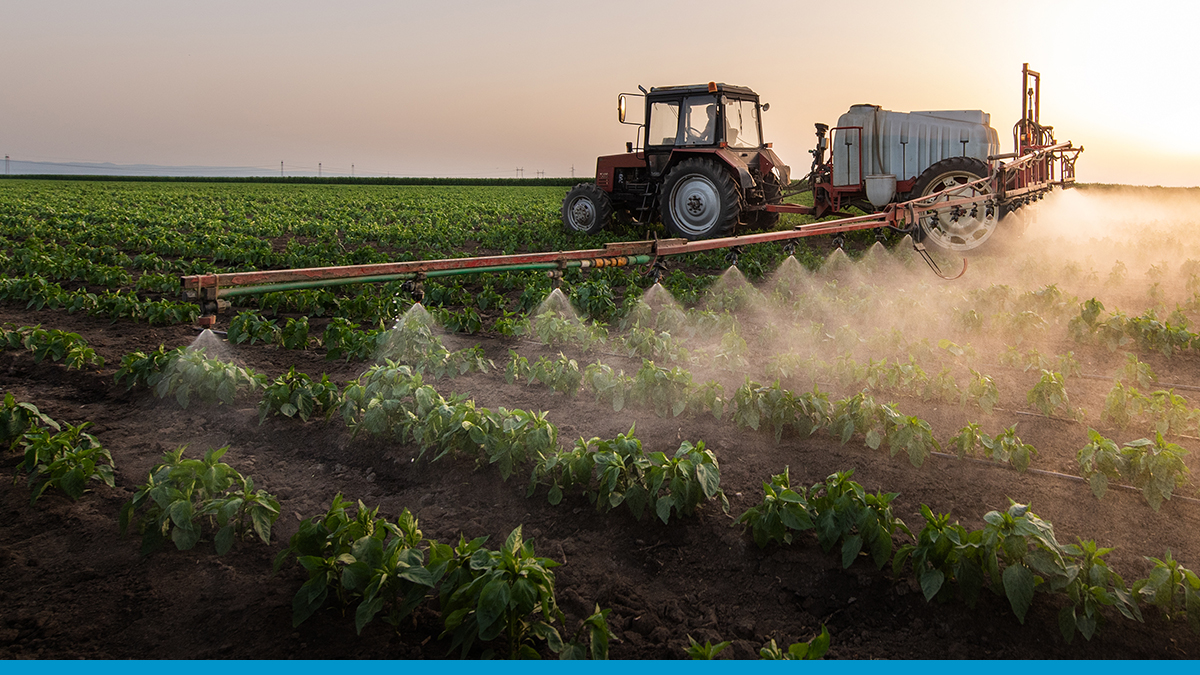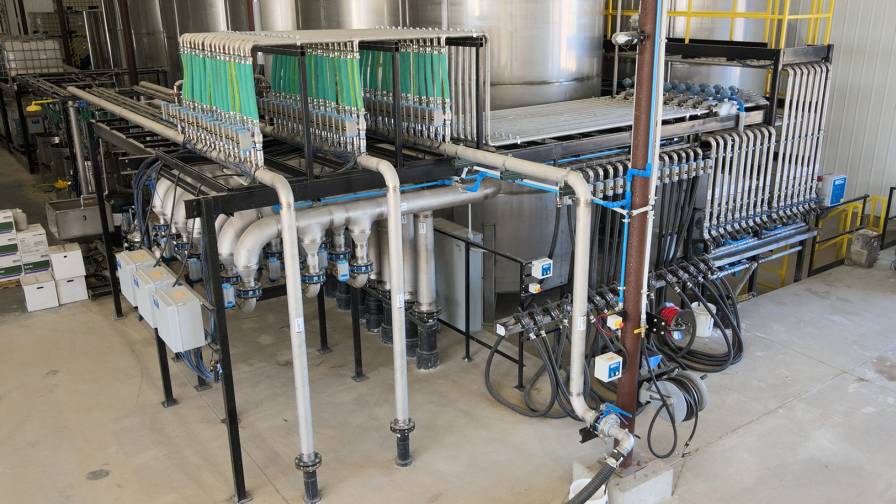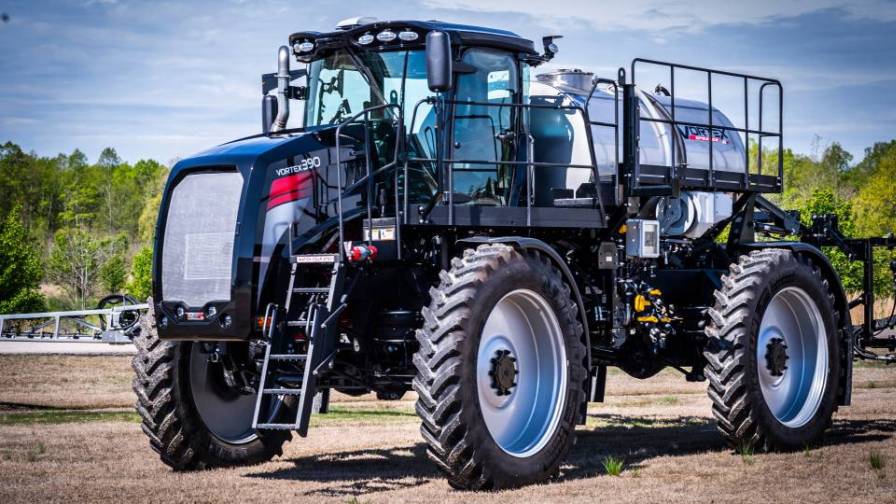Applications May Require Waste Permits
A new decision by the Sixth Circuit U.S. Court of Appeals could require custom applicators and growers who apply their own crop protection products to obtain a permit when applying on or near water. CropLife America, the Agricultural Retailers Association, and other industry groups have expressed concern that the Clean Water Act ruling may set an unfavorable precedent for the ag community.
On Jan. 7, a panel of judges with the Sixth Circuit Court of Appeals found EPA was incorrect in saying all pesticide applications were exempt from rules for discharging "pollutants" and therefore would not need permits under the agency’s National Pollutant Discharge Elimination System (NPDES). The court also rejected EPA’s argument that pesticide is discharged from a point source, but the residue does not exist until after the discharge is complete, so it should be treated as a nonpoint source pollutant.
The decision means that commercial pesticide applications to, over, and around waterways will now require NPDES permits, which mainly affects areas which grow rice or require mosquito control.
By vacating that EPA final rule, the court in essence sent EPA regulators back to the drawing board to reconsider Clean Water Act regulations. The Clean Water Act prohibits any pollutant from being discharged into navigable waters from a point source without an EPA permit.
Several agricultural groups, including CropLife America and the National Cotton Council of America, have petitioned the court to support that pesticide applications did not qualify as pollutant discharges. The petitioners have 45 days to file an appeal with the full Sixth Circuit court.
"We maintain that pesticides should not be classified as pollutants under the CWA, as they serve an intended beneficial purpose and are well regulated already by EPA’s Office of Pesticides," said Jay Vroom, CLA president and CEO. "Though we’re disappointed by other parts of the court’s conclusion, we are pleased that the panel acknowledged that EPA was correct in its determination that not all pesticides should be considered pollutants."
"There are legal questions raised by this decision which are left unanswered," Doug Nelson, CLA executive vice president and general counsel, said in a statement. While the court vacated the current final rules, it did not give the EPA direction on how new final rules should be written. "As a result, this ruling may require further review by this court en banc, a subsequent court decision or a legislative solution to insure American agriculture is not jeopardized."
Obtaining a standard NPDES permit is a lengthy task. Most states require a series of forms, including estimations of the amount of pollutants to be discharged, maps showing pollutant flow to streams, where those streams go, and which water users might be affected, and an annual fee of several hundred dollars. State permitting agencies have 180 days to review each permit application, and if accepted, have another 45-day public comment period before issuing the permit. Several states, however, have set precedent for simplifying the NPDES permit process by granting "general permits," which allows anyone meeting a set of criteria to apply under an already approved permit.
According to court documents, Washington State and California have a general permit process that applies to pesticide applicators.
(Sources: Agricultural Retailers Association, CropLife America, and KFGO.com)






